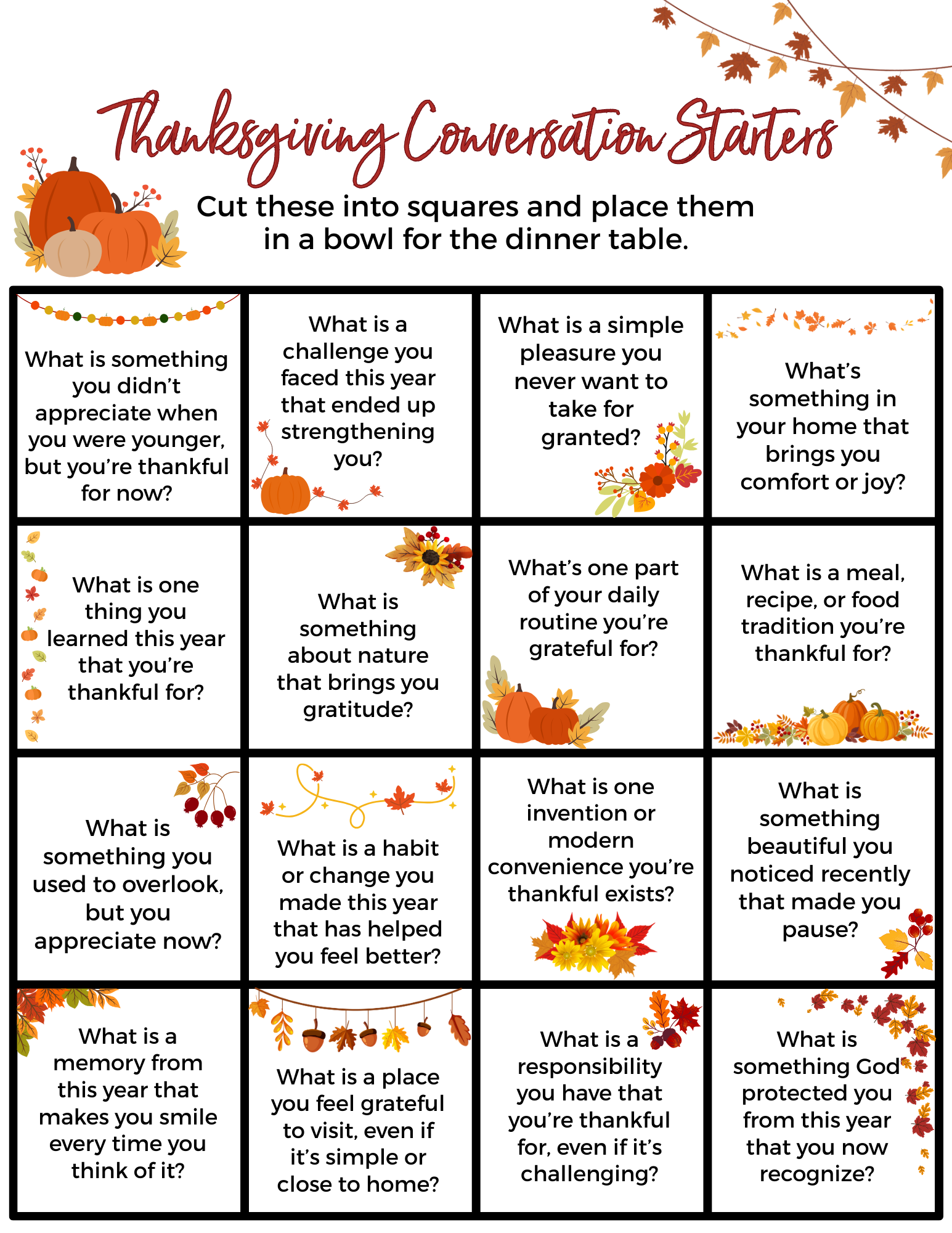
- Home
- Symptom Checker
-
Services
Allergy
Diagnostics
Aesthetics
Hormone Balancing
Gut Health / Nutrition
- Resources
-
About Us
About Us
- Contact Us
November 24, 2025

Gratitude often feels simple: a quiet moment of appreciation, a whispered prayer, a memory that warms your heart. But beneath that simplicity lies something extraordinary. Gratitude is one of the most powerful ways to shift your inner world. It changes how you think, how you respond to stress, and even how your body feels from morning to night.
What might surprise you is that gratitude triggers real, biological changes inside the brain. Researchers can see, on scans, how gratitude rewires your brain by strengthening pathways involved in peace, clarity, empathy, and resilience. Gratitude isn’t just a feeling; it’s an action that reshapes your mind at the cellular level.
And long before modern neuroscience discovered this, Scripture told us the same truth. “Give thanks in all circumstances” (1 Thessalonians 5:18) is more than a spiritual command. It is an invitation into emotional stability, mental renewal, and healthier rhythms for the whole body.
At Hotze Health & Wellness Center, we see this connection every day. When the mind shifts toward gratitude, the body begins to follow. Stress softens. Perspective widens. Decisions get easier. Gratitude activates the very design God built into you for healing, hope, and resilience.
Many of us never learned how adaptable the brain truly is, yet God designed it to keep changing throughout your life. This ability, called neuroplasticity, allows the brain to form new pathways and strengthen old ones based on what you think, focus on, and practice.¹
This means every time you practice gratitude, even in small ways, you train your brain toward peace. You build pathways that help you stay steady, grounded, and clear-headed.
Gratitude becomes a kind of internal repetition.
Over time, your brain begins to default to these patterns, even when life feels stressful or uncertain.
Neuroscience shows that gratitude affects several regions of the brain that play key roles in emotional balance, stress regulation, and overall well-being.
This area helps you manage emotions, plan ahead, and stay mentally organized. Gratitude increases its activation and connectivity.²
As this region becomes more active, people often describe feeling more level-headed and less overwhelmed.
This part of the brain helps you evaluate emotions accurately and respond thoughtfully rather than reactively.³
Stronger activation here allows you to carry stress in a healthier way.
These chemical messengers increase naturally when you practice gratitude, even for brief moments.⁴
This boost contributes to improved outlook, steadier energy, and better emotional resilience.
The amygdala helps detect threats, but when overactivated it can create chronic stress patterns. Gratitude helps calm this system, which supports healthier cortisol rhythms.⁵
These changes help explain why gratitude can make a real difference in how you feel throughout the day.
The brain and body communicate constantly. When your thoughts shift, your physiology responds.
Gratitude has been shown to support:
At Hotze Health and Wellness Center, many guests come to us with stress-related concerns like adrenal fatigue, disrupted sleep, thyroid imbalances, panic attacks, high anxiety, or chronic tension. Gratitude will not resolve these root causes on its own, but it creates a more stable internal environment that supports the healing process.
Gratitude works best when it shows up in the small, real moments of everyday life. You do not need a journal full of perfect entries or an hour set aside every morning. What matters most is consistency. Each moment of gratitude strengthens the pathways that support emotional steadiness, clarity, and calm.
Below are simple, personal practices you can weave into daily life, even on busy or stressful days.
Before you get out of bed, think of one thing you appreciate. Or, as you settle in at night, reflect on something good that happened. Your brain is especially receptive during these transition moments, which helps set a more peaceful tone.
Whenever something small lifts your mood, add it to the note. A good conversation, a parking spot that opened up at the right moment, or a moment of quiet. This helps train your mind to notice the things that often go unnoticed.
Choose a habit like washing your hands, making coffee, or buckling your seatbelt. Use that moment to mentally acknowledge one good thing. This turns gratitude into a natural rhythm instead of another to-do.
When something positive happens, slow down and let yourself feel it for just ten extra seconds. This small pause helps your brain encode the moment more deeply, which strengthens the pathways connected to joy and calm.
When your thoughts are racing or your chest feels tight, pause and name one thing that feels steady or supportive right now. It might be someone who cares about you, a solution that is beginning to unfold, or simply the fact that you made it through a tough morning. This helps shift your brain out of alarm mode.
If daily journaling feels unrealistic, reflect once a week. Write down your top three moments of gratitude and note why they mattered to you. This helps reinforce the emotional impact.
When something difficult happens, take a moment to ask:
“Is there any part of this situation that shows effort, support, or growth?”
This is not about pretending the situation is positive. It simply helps your brain widen its view. Think of it like turning your head slightly to see the rest of the landscape instead of staring only at the darkest point. This small shift keeps your mind from getting stuck in stress and helps you stay more grounded.
A short text or quick conversation not only strengthens your relationship, it also boosts serotonin for both you and the other person. Gratitude shared is one of the easiest ways to reinforce these neural pathways.
This could be a photo, a note, a Bible verse, or a small object that brings you back to something meaningful. Visual cues can quickly shift the brain out of stress and into steadier ground.
Think back to a moment when you felt seen, helped, or encouraged. The brain responds to remembered gratitude almost the same way it responds to gratitude in real time.
To help you put these ideas into practice, we created a printable set of gratitude conversation starters you can cut out and keep on your table at Thanksgiving or anytime you gather with family and friends. These prompts make it easy to spark meaningful conversations, share moments of appreciation, and create a space where everyone can pause and reflect on something good. Even a few minutes of shared gratitude can shift the tone of a room and strengthen the connections that support emotional and physical well-being.

Life brings challenges, but gratitude changes how your brain responds to them. It supports calm in stressful moments. It strengthens the pathways that help you think clearly. It shifts your body out of survival mode and into balance.
You were created with a mind capable of renewal and a nervous system that responds to peace. Gratitude helps activate that design in your daily life.
If you are ready to explore a new path to wellness, click HERE to schedule your complimentary phone consultation with one of our Wellness Consultants or call 281-698-8698. Our consultations are always complimentary. It is a pressure-free conversation where you can ask questions, share your concerns, and discover whether our natural, root-cause approach is the right fit for you. It would be our privilege to serve you.
"*" indicates required fields
Leave a Reply